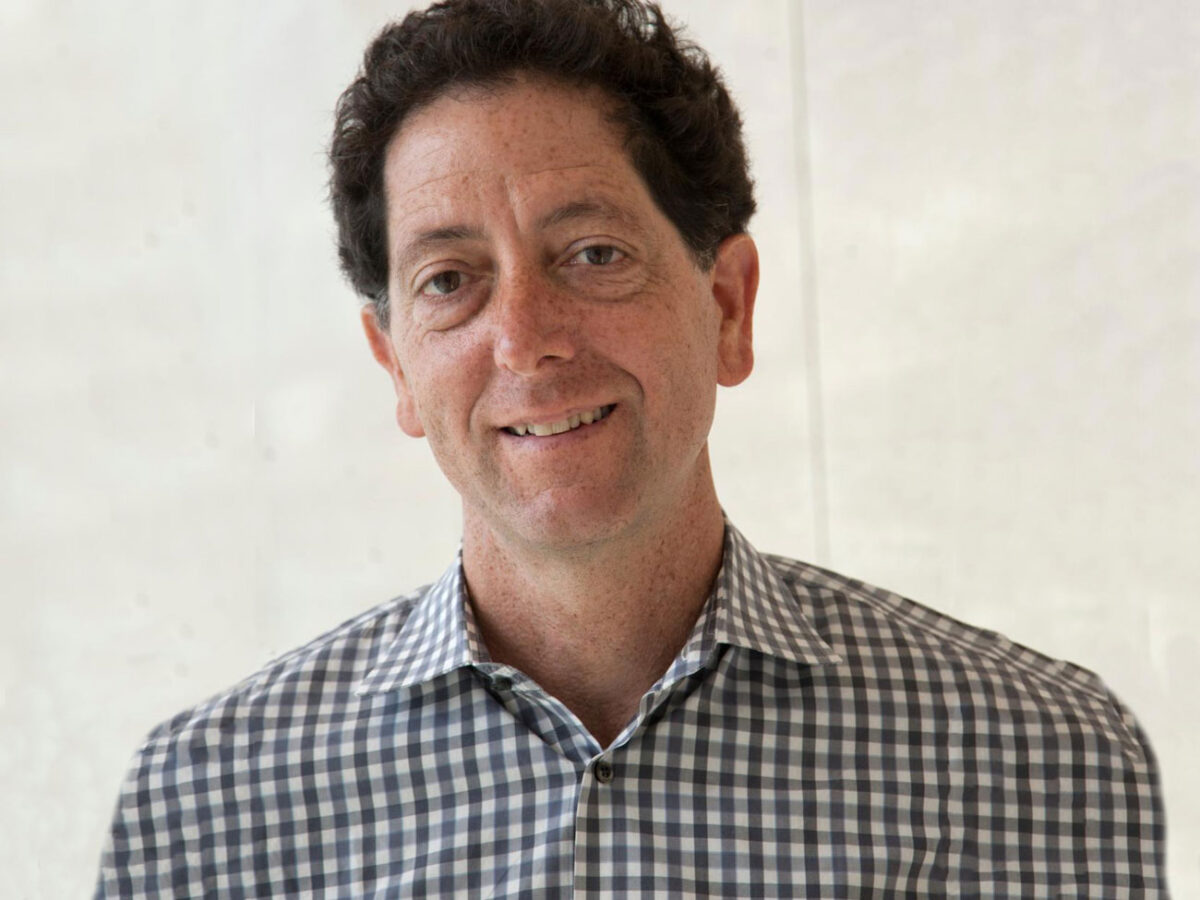Research in my laboratory is focused on the discovery of new chemical based tools to decipher cellular signaling networks with an emphasis on protein kinases and more recently, GTPases. The analysis of signal transduction pathways has proven challenging using the traditional tools of biochemistry, genetics, and chemistry. Biochemical approaches are often limited in utility because signaling networks span from the cell surface to the control of transcription and translation, confounding reconstitution efforts from purified proteins. Genetic approaches allow specific perturbation of single components in an intact cell or organism, yet are often confounded by the emergent properties of signaling cascades. Chemical and pharmacological approaches enable rapid, reversible, and graded (dose-dependent) inactivation of single components in intact cells or organisms. Unfortunately, highly selective chemical probes (agonists, antagonists, traceable substrates, etc.) of protein kinases are difficult to develop because the 500 protein kinases share highly homologous ATP binding pockets. My laboratory has solved this fundamental problem for the largest family of enzymes in the human genome, protein kinases, by development of a strategy based on a combination of protein engineering and organic synthesis. We have termed this approach chemical genetics.
Kevan Shokat PhD
Professor and Chair, Department of Cellular and Molecular Pharmacology, UC San FranciscoProfessor, Department of Chemistry, UC Berkeley
Email